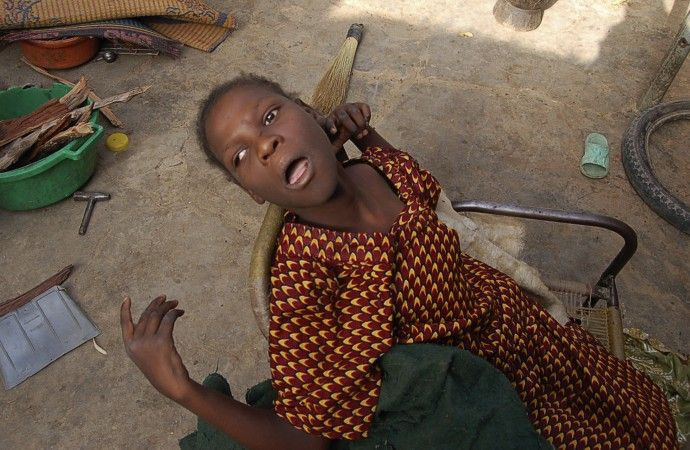Pfizer sought dirt on Nigerian official to drop legal action: Wikileaks

U.S. drug giant Pfizer (NYSE: PFE) hired investigators to dig up dirt on Nigeria’s former attorney general in order to stop an investigation over a controversial drug trial the company conducted which led to the deaths of eleven children, according to cables released by WikiLeaks.
The cable's content was reported by the British newspaper The Guardian.
Pfizer was sued by the Nigerian state and federal authorities, who claimed that children were harmed by a new antibiotic, Trovan, used during the trial, which took place in the middle of a meningitis epidemic in Kano, a state in the north of Nigeria in 1996.
In May 2009, Pfizer and Kano agreed to a $75 million settlement over the meningitis drug study which also led to some Nigerian children allegedly suffering paralysis or slurred speech.
However, a cable from the U.S. embassy from April 2009 suggests that Pfizer did not want to pay more to settle charges brought by the federal government of Nigeria. Apparently, Pfizer's country manager in Nigeria, Enrico Liggeri, met with U.S. officials in embassy in Abuja on Apr. 9 2009 and stated that the company hired investigators to uncover “corruption links” to federal attorney general Michael Aondoakaa in order to pressure him to drop further legal action against the company.
A series of damaging articles detailing Aondoakaa's 'alleged' corruption ties were published in February and March,” the cable stated.
“Liggeri contended that Pfizer had much more damaging information on Aondoakaa and that Aondoakaa's cronies were pressuring him to drop the suit for fear of further negative articles.
The cable also states that Liggeri suggested that the lawsuits against Pfizer were wholly political in nature.
Liggeri claimed that Médecins sans Frontières (MSF), the international medical and humanitarian aid organization, also administered Trovan to other children in the same hospital in Kano, but that the Nigerian authorities filed no lawsuits against them.
Jean-Hervé Bradol, former president of MSF France, denies the allegation.
“We have never worked with this family of antibiotic,” he said. “We don't use it for meningitis. That is the reason why we were shocked to see this trial in the hospital.
Regardless, in October 2009, the Nigerian federal government withdrew its $6-billion suit against Pfizer, but terms of any agreement between the two parties remain unknown because Pfizer and the Nigerian authorities signed a confidentiality agreement.
The withdrawal raised suspicions in Nigeria, with one newspaper suggesting that Aondoakaa had a “secret deal with Pfizer.
In response to the allegations, Pfizer said to the Guardian: The Trovan cases brought by both the federal government of Nigeria and Kano state were resolved in 2009 by mutual agreement. Pfizer negotiated the settlement with the federal government of Nigeria in good faith and its conduct in reaching that agreement was proper. Although Pfizer has not seen any documents from the US embassy in Nigeria regarding the federal government cases, the statements purportedly contained in such documents are completely false.”
Pfizer went on to declare: as previously disclosed… Nigeria dismissed its civil and criminal actions against the company. Pfizer denied any wrongdoing or liability in connection with the 1996 study. The company agreed to pay the legal fees and expenses incurred by the federal government associated with the Trovan litigation. Pursuant to the settlement, payment was made to the federal government's counsel of record in the case, and there was no payment made to the federal government of Nigeria itself. As is common practice, the agreement was covered by a standard confidentiality clause agreed to by both parties.
© Copyright IBTimes 2025. All rights reserved.




















